In a landmark move to support Nigeria’s clean energy ambitions, the Nigeria Customs Service (NCS) has unveiled a new Renewable Energy Import-Export Procedures Handbook, aimed at streamlining cross-border trade in solar, wind, and other green technologies.
The launch event, held at the NCS Headquarters in Abuja, was led by Comptroller-General of Customs, Adewale Adeniyi, and marked a significant step in a tripartite collaboration with the European Union (EU), the German Embassy, and GIZ (Deutsche Gesellschaft für Internationale Zusammenarbeit).
The CGC described the handbook as a “living document”—one designed to evolve with innovations in renewable technology, international trade practices, and government policy updates.
“With Nigeria’s rising investments in renewable infrastructure, Customs must ensure legitimate trade in this sector is fast, transparent, and secure,” said Adeniyi.
“This handbook eliminates ambiguity in classification and clearance, benefitting both importers and officers.”
The initiative is a key milestone in aligning Customs operations with Nigeria’s Energy Transition Plan (ETP), which targets net-zero emissions by 2060 while expanding energy access nationwide.
The CGC hailed the project as an example of “institutional synergy” that supports economic growth and environmental sustainability. He reaffirmed NCS’s commitment to reforms that enhance transparency, attract investment, and align with national development goals.
“This isn’t just a Customs document it’s a strategic tool for economic transformation,” he emphasized.
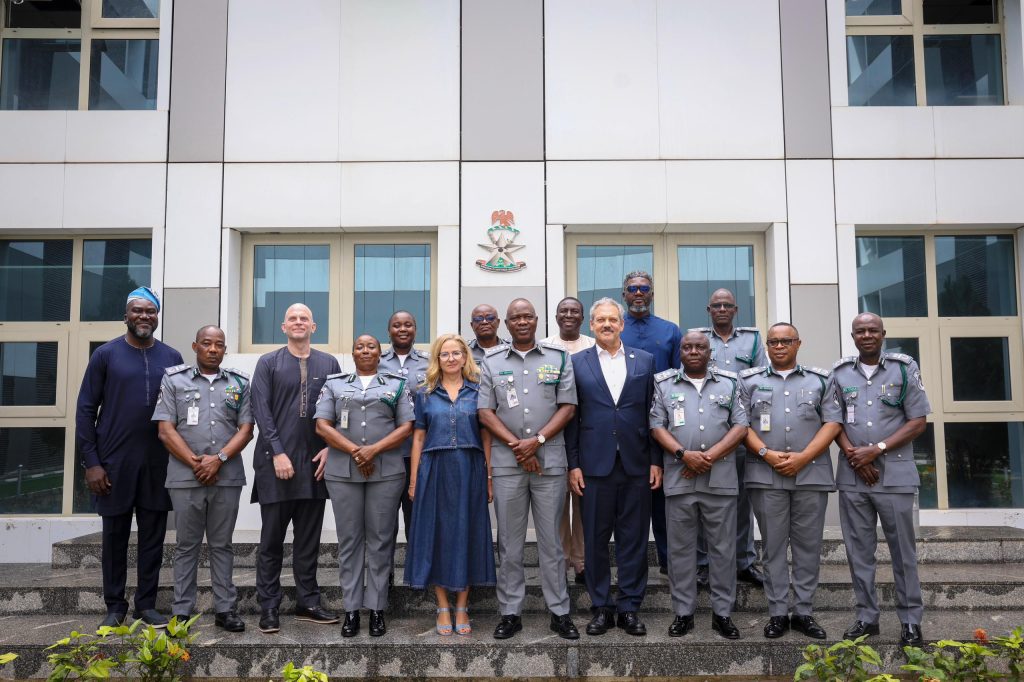
Inga Stefanowicz, Head of the Green and Digital Economy at the EU Delegation to Nigeria, commended the Customs Service’s reform drive and highlighted the growing inclusion of women within its ranks as a signal of resilience and institutional strength.
Karin Jansen, Head of Cooperation at the German Embassy, reaffirmed Germany’s commitment to supporting Nigeria’s green energy transition and trade facilitation efforts.
Marcus Wagner, GIZ Country Director for Nigeria and ECOWAS, lauded the CGC’s leadership and congratulated him on his recent election as Chairperson of the World Customs Organization (WCO) Council—a global recognition of Nigeria’s Customs modernization efforts.
The newly released handbook offers step-by-step guidance on:Documentation requirements :Tariff classifications
Valuation protocols : Tax exemptions : Clearance procedures.
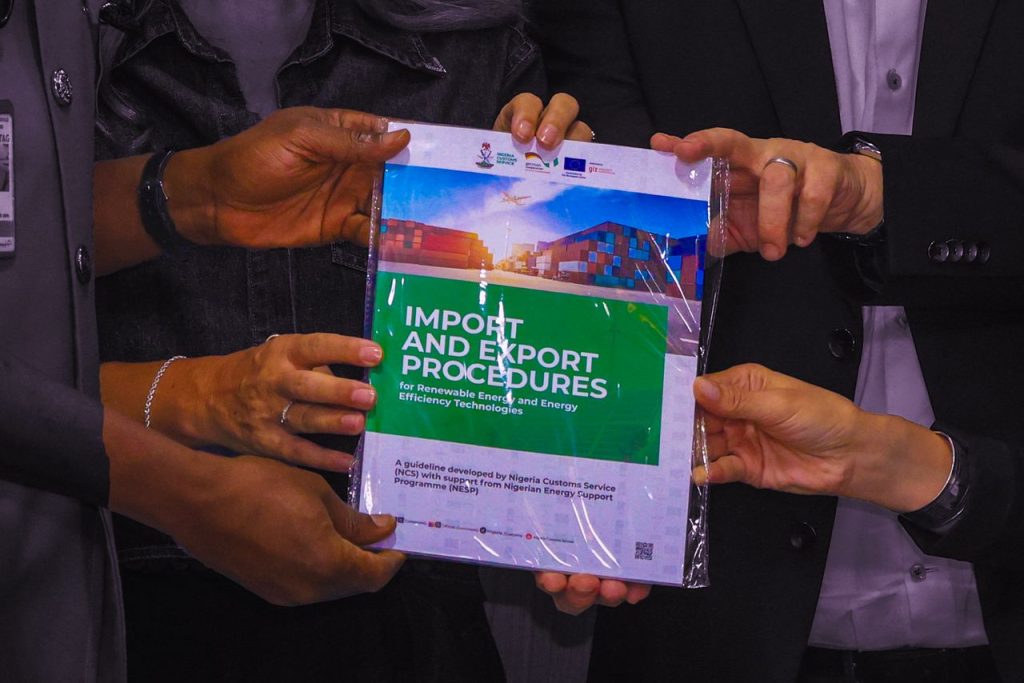
It specifically covers renewable energy components such as solar panels, batteries, inverters, and wind turbines, and is expected to become an essential reference for Customs officers, freight agents, and renewable energy businesses operating across Nigeria’s borders.
Aligned with global frameworks such as the Paris Agreement and the African Continental Free Trade Area (AfCFTA), the initiative strengthens Nigeria’s role as a regional hub for green trade and sustainable logistics.


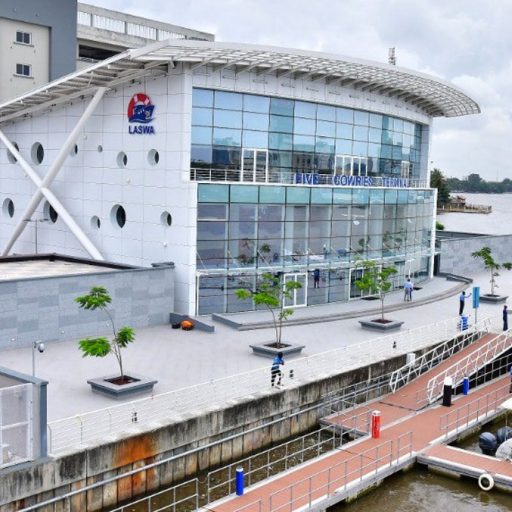

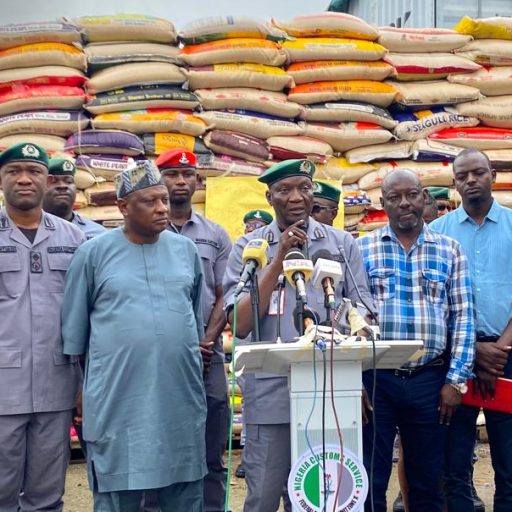
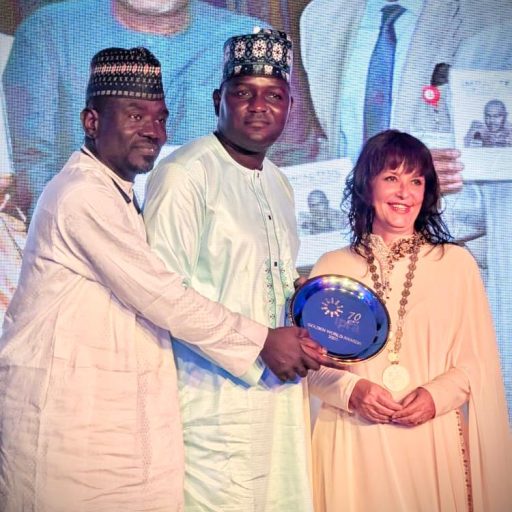
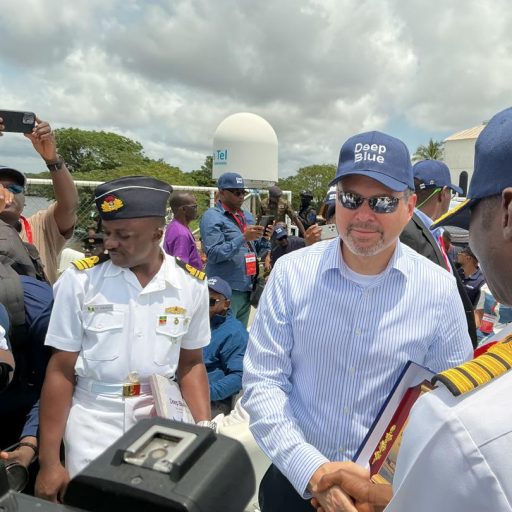
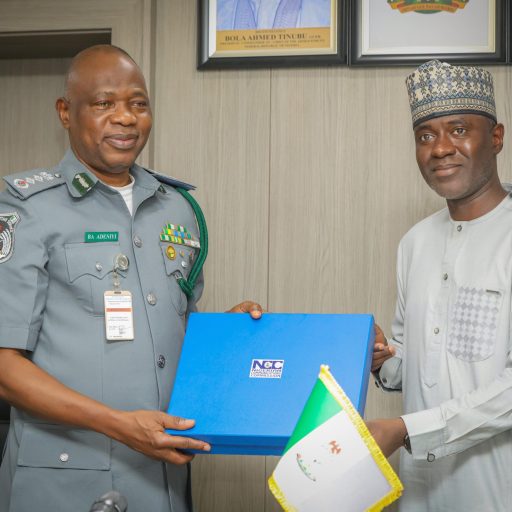
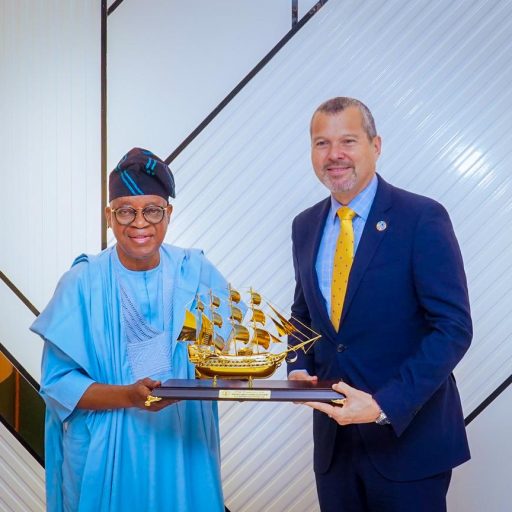



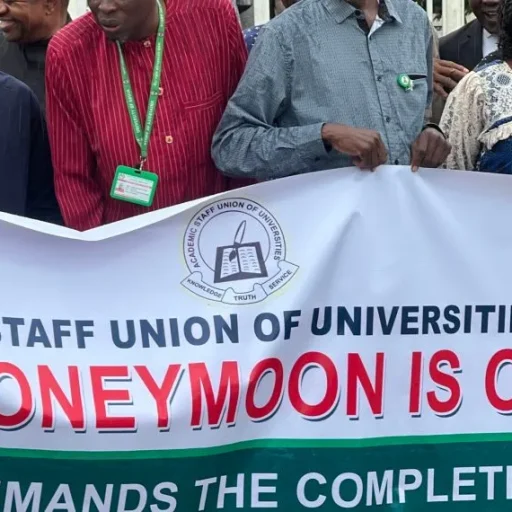


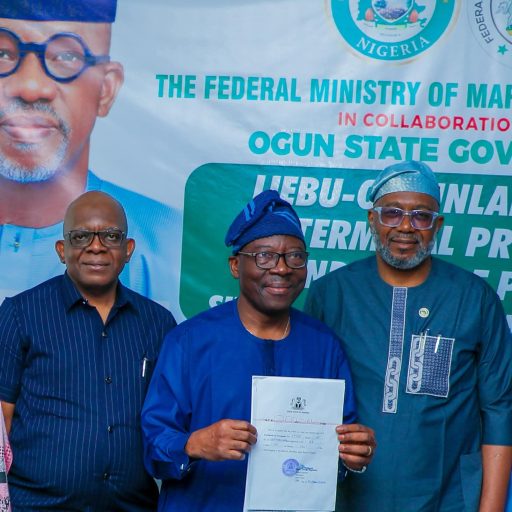
Leave a Reply